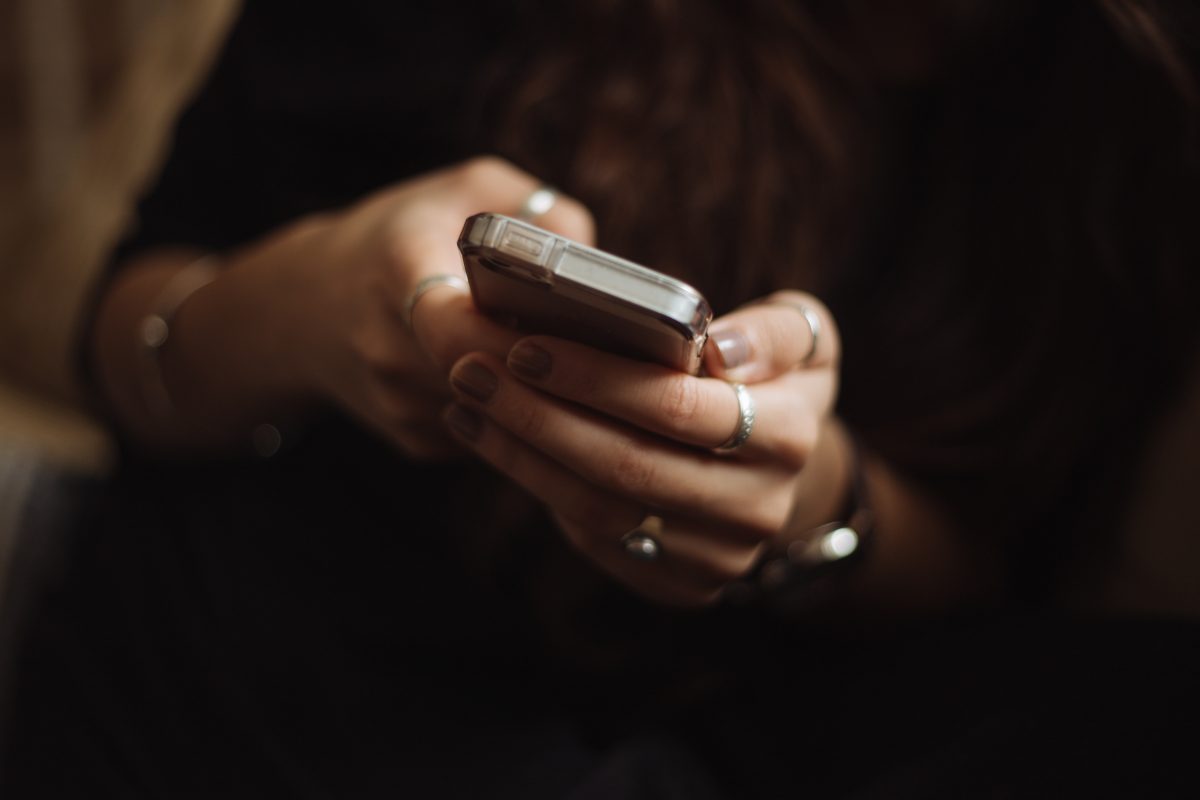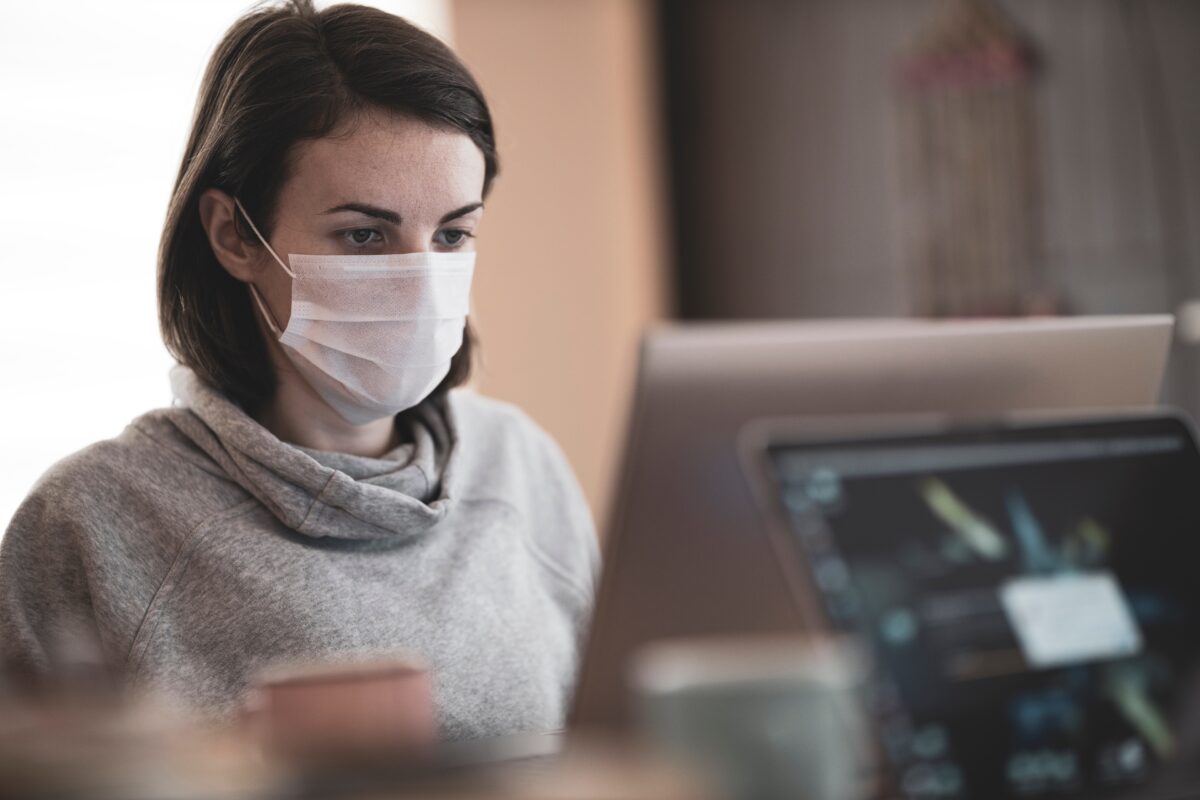As the pandemic continues, in-person recovery-based assistance has been very limited. The norm of gathering with like-minded people for recovery support is now most often being accomplished virtually through online platforms and/or by phone. For some individuals, this has been a positive experience. For others, they miss the camaraderie of meeting in person.
Individuals seeking more formal Substance Use Disorder (SUD) treatment, such as inpatient or outpatient care, have also experienced additional barriers. The number of individuals within a given inpatient facility has been reduced due to the pandemic. Most outpatient services have transitioned to a virtual platform.
Additionally, some seeking treatment may not have access to a Wi-Fi connection and meeting virtually for individual, and group services are not an option.
Digital interventions, such as apps on your phone, can be found for almost anything, and most often, they are free or low-priced. Whether it be to assist in money management, weight loss, or playing a game, phone apps are abundant for almost anything imaginable. This includes numerous apps for Substance Use Disorder recovery assistance.
A 2018 study found 70%-90% of individuals found digital interventions to be both easy and useful to use. Unfortunately, it was found not helpful for those in recovery to reduce their substance use or achieve other recovery goals.
There Is No Harm In Trying A Phone App To Assist In Recovery
Since some treatment services are limited, and recovery based social support is mostly virtual, an app might be a useful tool for recovery. By no stretch should an app be the only tool used for those in the recovery process. Consider it as another tool in one’s recovery toolbox, which can be immediately accessed when other more personable connections are not available.
What To Consider When Looking For An Recovery Based App
Most apps do not come with research to validate their claims of efficacy. Recently the American Psychiatric Association has developed a tool to assist mental health professionals in determining both effectiveness and risks of using particular apps for clients. The APA tool is quite lengthy and intended for professionals to use. Still, some critical takeaways for individuals in recovery to consider include:
- Are there any hidden costs?
- Does the app seem easy to use?
- Does the app align with your recovery needs and priorities?
- Does the app come from a trusted source?
- Does the app work without a WIFI connection?
- Is there a privacy policy, does it collect personal data, and if so, can you opt-out?
- Does the app share your information with a third party?
Is An App Not Working For You? Try Another
Apps are generally free and can be quickly deleted from your phone if they aren’t helping. Sometimes an app may be beneficial for a while, but as a person becomes more stable within their recovery, their needs may change. Luckily there are many apps available, so it’s easy to try a different one.
Recovery is an individualized process. Whether an app can be beneficial can only be determined by trying it out for a few days. Check out a small list of apps included in PreventEd’s Community Resource Manual to get started today.
Need Help?
Contact A PreventEd Counselor Today!

